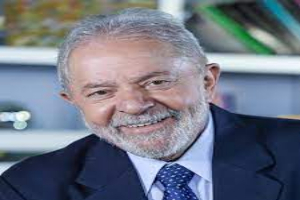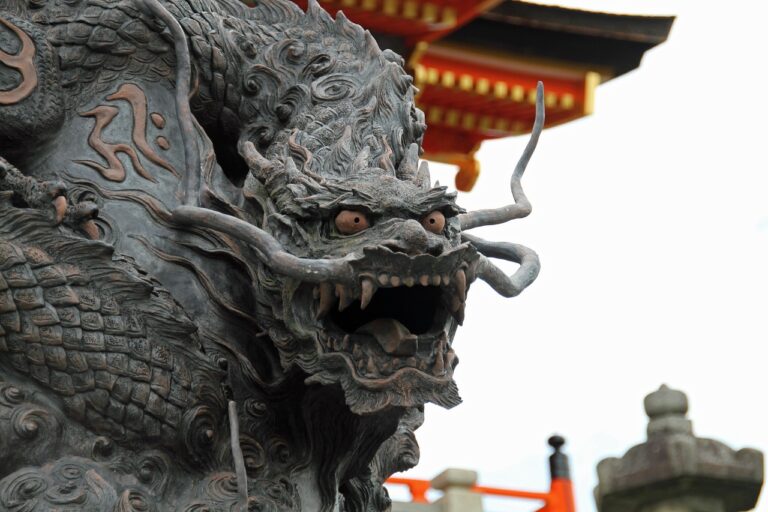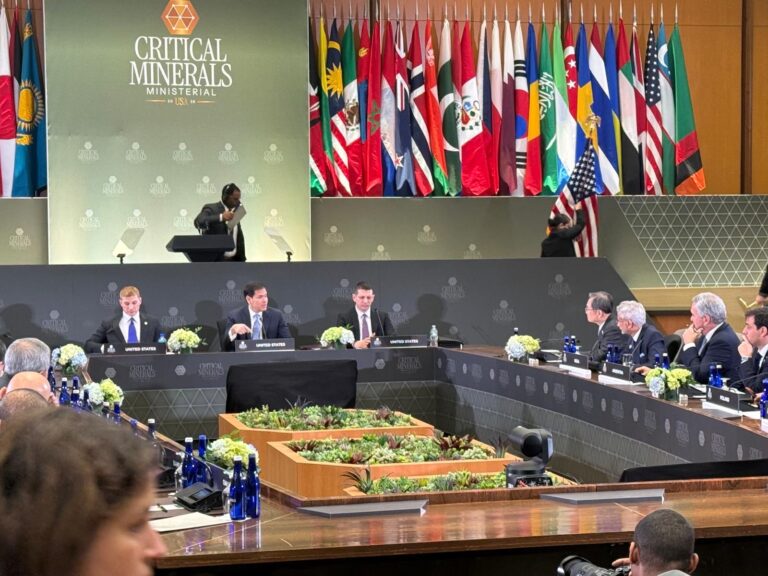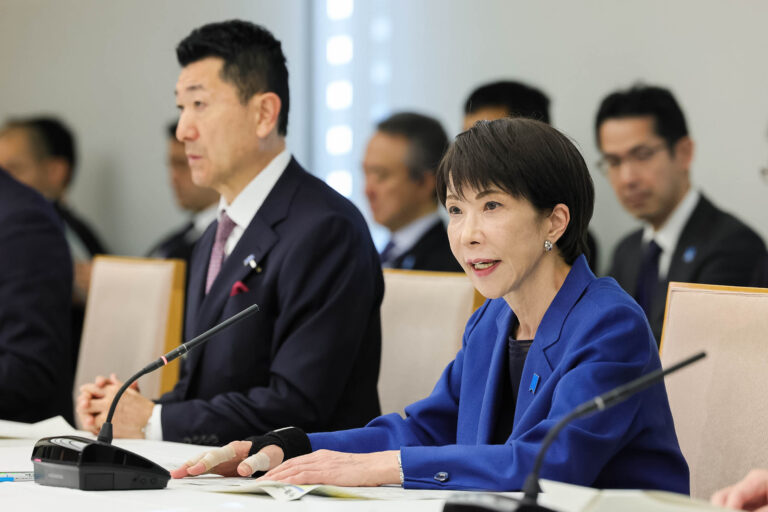
Geneva: The investigation and prosecution of former President Luiz Inácio Lula da Silva violated his right to be tried by an impartial tribunal, his right to privacy and his political rights, the United Nations Human Rights Committee, which monitors the States parties’ adherence to the International Covenant on Civil and Political Rights ratified by 173 States parties, has found.
The 18-member Committee issued its findings after considering a complaint filed by Lula da Silva, the former President of Brazil from 2003 to 2010, regarding how he was brought to the trial in the country’s biggest corruption investigation.
“While States have a duty to investigate and prosecute acts of corruption and to keep the population informed, especially when a former head of State is concerned, such actions must be conducted fairly and respect due process guarantees,” said Committee member Arif Bulkan.
Former President Lula was investigated in 2016 for alleged involvement in two cases in the “Operation Car Wash” (Operacão Lava Jato), an extensive criminal investigation in Brazil which uncovered corruption between the State-owned oil and petrol company, Petrobrás, several construction companies, and various Brazilian politicians to obtain secret campaign funds. The investigation was conducted under former Federal Criminal Court Judge Sergio Moro.
During the investigation, former judge Moro approved a request by the prosecutor to tap Lula’s telephones, as well as those of his family and his lawyer. He then released the content of the wiretaps to the media before formally instituting charges. He also issued a bench warrant to detain Lula for questioning. The warrant was leaked to the media, and photographs of Lula were consequently taken by the media as if he were under arrest.
Former judge Moro sentenced Lula to 9-year imprisonment in July 2017. In January of the next year, Lula’s sentence was increased to 12 years by the Federal Regional Court. In April 2018, he began serving his sentence while his appeals were pending.
The Superior Electoral Court rejected Lula’s candidacy for the October Presidential Elections on the ground that the country’s legislation prevents anyone convicted of certain crimes and under certain conditions from running for public office, even if there are appeals pending.
The Supreme Federal Court quashed Lula’s sentence in 2021, ruling that former judge Moro had no jurisdiction to investigate and try the cases, and annulled the investigation on the basis that the former judge was not considered to be impartial.
“Although the Supreme Federal Court vacated Lula’s conviction and imprisonment in 2021, these decisions were not timely and effective enough to avoid or redress the violations,” Bulkan said.
The Committee considered that the bench warrant, issued in breach of domestic law, violated Lula’s right to personal liberty and that the wiretappings and disclosure of his conversations to the public violated his right to privacy.
It found that the conduct and other public acts of former judge Moro violated Lula’s right to be tried by an impartial tribunal; and that the actions and public statements by the former judge and the prosecutors violated his right to presumption of innocence.
The Committee also considered that these procedural violations rendered Lula’s prohibition to run for president arbitrary and therefore in violation of his political rights, including his right to run for office. It urged Brazil to ensure that any further criminal proceedings against Lula comply with due process guarantees and to prevent similar violations in the future.
– global bihari bureau





